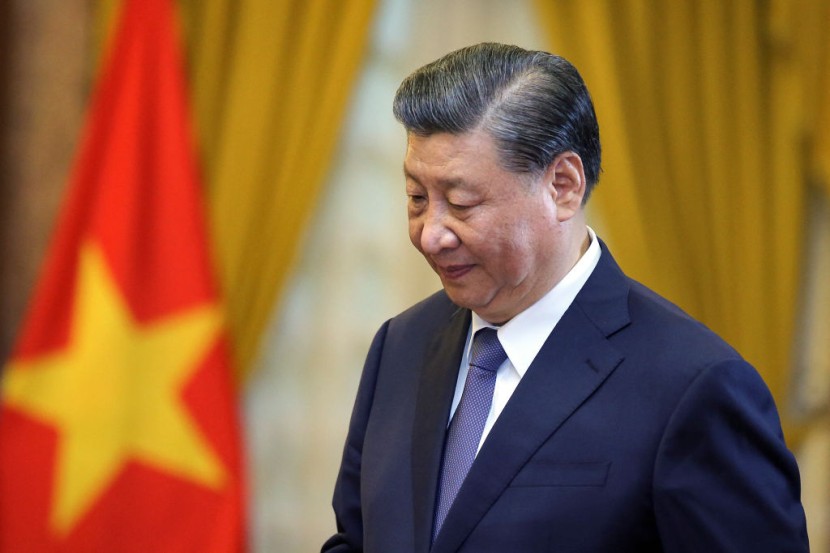Just over two weeks ahead of Taiwan's upcoming election, President Xi Jinping made a resolute declaration on Tuesday. According to the official Xinhua news agency, President Xi vowed to firmly thwart any attempts to "split Taiwan from China in any way."
In a move that has sparked strong protests from the Taipei government, China continues to assert its claim over Taiwan, a democratically-governed territory. In an effort to bolster its sovereignty claims, China has escalated both political and military pressure on the island.
Xi Jinping Ensures China-Taiwan Reunification

Taiwan is set to hold its presidential and parliamentary elections on January 13. One of the key topics that will be discussed during the campaign trail is the management of the island's relations with China.
In a symposium commemorating the 130th anniversary of the birth of former Chinese leader Mao Zedong, President Xi confidently proclaimed that the unification of the motherland is an undeniable force gaining momentum. It is worth noting that Mao Zedong, who successfully toppled the Republic of China government in a civil war back in 1949, subsequently sought refuge in Taiwan.
In a statement, he emphasized the need for China to take decisive action in preventing any attempts to separate Taiwan from the mainland. He also stressed the importance of fostering peaceful relations between the two regions and promoting greater integration between them.
China has asserted that the election in Taiwan is an internal matter. However, they have warned that any attempt towards Taiwan independence could lead to a potential conflict. According to China, such a move would force the residents of the island to make a crucial decision between peace and the possibility of bloodshed.
In the past 18 months, China has engaged in two notable rounds of war games centered around Taiwan. Additionally, it has been observed that China frequently dispatches fighter aircraft and warships across the Taiwan Strait.
Lai Ching-te, the candidate for president of Taiwan from the Democratic Progressive Party (DPP), has faced accusations from the Chinese government, labeling him as a dangerous separatist. Additionally, the Chinese government has declined his appeals for negotiations.
The Kuomintang (KMT), Taiwan's leading opposition party, has expressed its stance on the island's future. Despite its longstanding support for close ties with China, the KMT maintains that it is not pro-Beijing. Instead, the party acknowledges that the destiny of Taiwan should be decided by its own people, First Post reported.
Read Also : Weibo Bloggers Now Urged to Avoid Badmouthing China's Economy; Will Non-Compliant Users Get Banned?
Mao Zedong Anniversary
Prior to delivering his speech, Xi Jinping, the leader of the Politburo Standing Committee, China's influential decision-making body, led a commemoration ceremony at Mao Zedong's mausoleum in Tiananmen Square, Beijing. The mausoleum houses Mao's preserved body, which is publicly displayed as a tribute to his accomplishments.
President Xi and his delegation paid tribute to the day by bowing three times in front of Mao's marble statue. In the midst of escalating competition with the United States and a sluggish economic recovery on the domestic front, President Xi Jinping paid homage to Mao Zedong, a significant figure in China's history.
In recent years, the strategic rivalry between Beijing and Washington has been a prominent focus for both parties. However, the meeting between Chinese President Xi Jinping and US President Joe Biden in San Francisco in November has brought some positive momentum to the relationship in the short term.
Xi urged cadres to brace themselves for what he referred to as the "worst-case and most extreme scenario." This comes as tensions between Beijing and Washington continue to escalate, with both sides grappling to effectively handle their disagreements on critical matters including Taiwan, the South China Sea, technology, and trade.
© 2026 HNGN, All rights reserved. Do not reproduce without permission.








